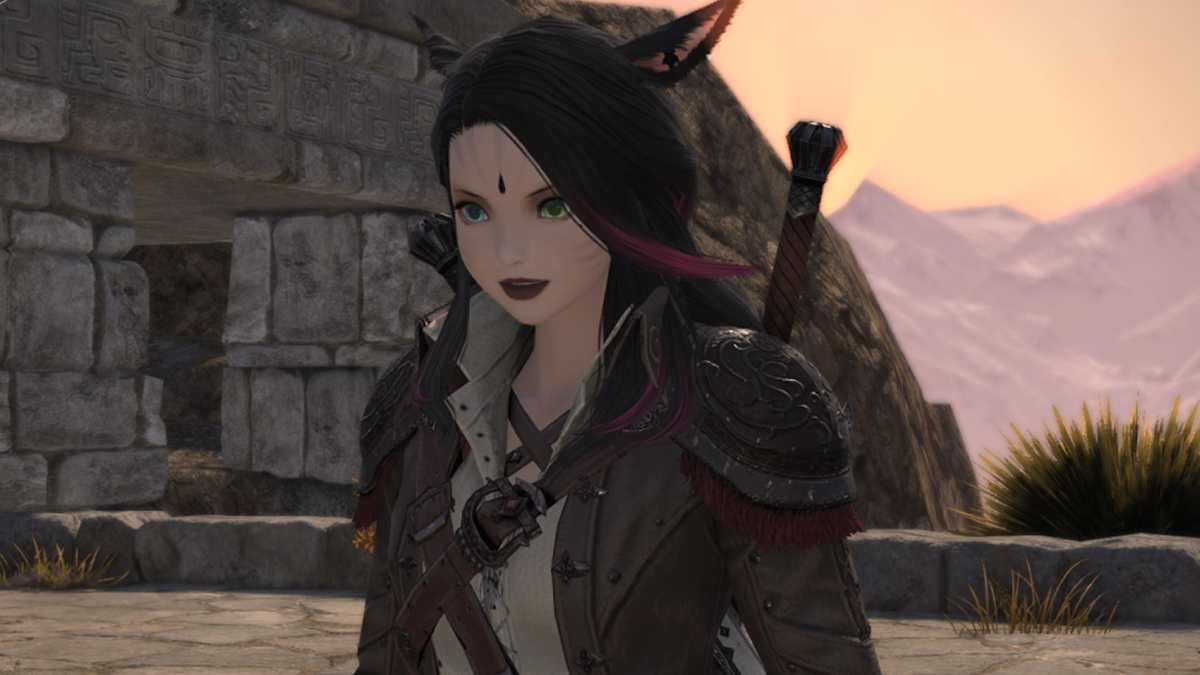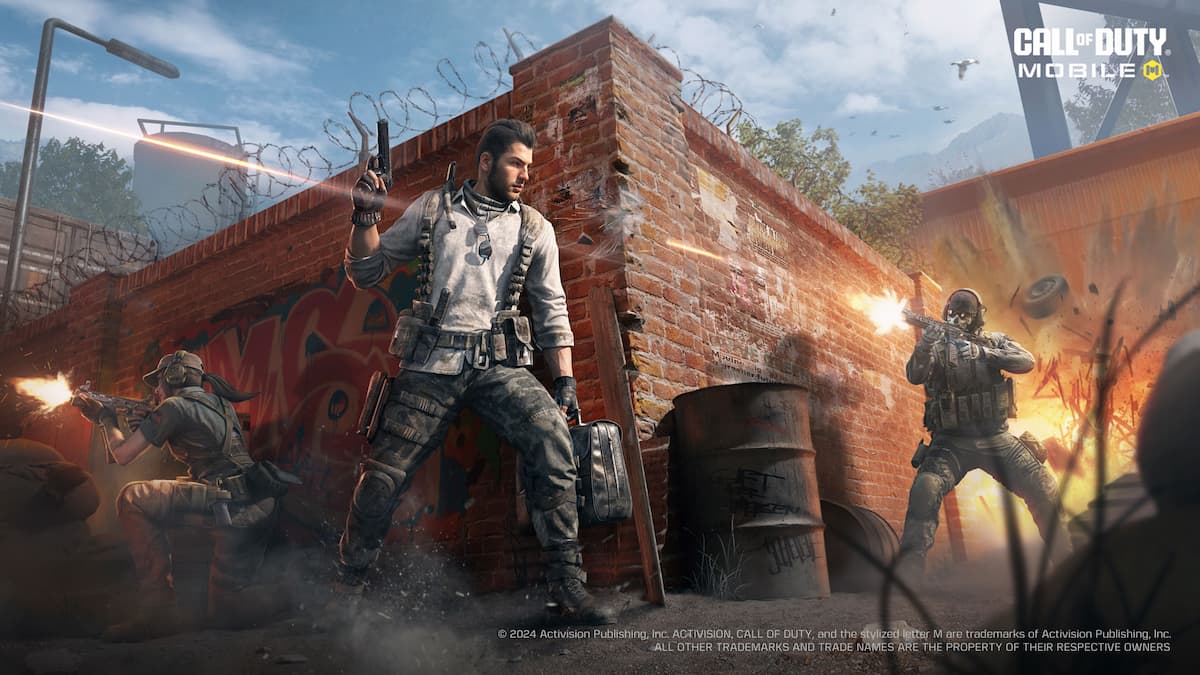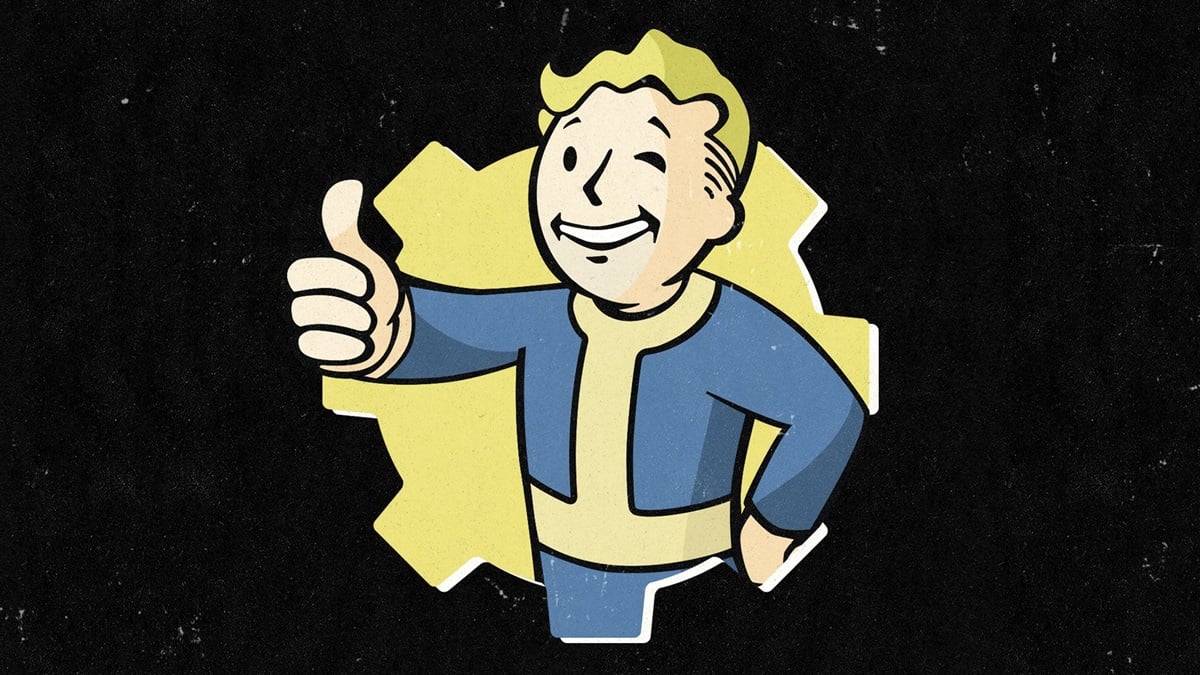[Dtoid Community Blogger bbain shares his thoughts on a new trend in multiplayer gaming. Want to see your own words appear on the front page? Get writing! –Mr Andy Dixon]
Like any other aspect of gaming, such as graphics and storytelling, the multiplayer experience has been growing and evolving rapidly throughout the years. We’ve seen local co-op (or “couch co-op”), massively multiplayer online games, and regular online multiplayer, which seems to be a norm for most games these days. All of these multiplayer options have something in common, however. They all rely on communication between players. Whether you’re talking with your roommate on the couch next to you, entering text into the chatbox of an MMO, or shouting at twelve-year-olds over the mic during a heated battle in an online shooter, communication has always been the most important aspect of multiplayer.
Recently, however, I’ve been playing a few new games which have shaken up this notion of multiplayer and have gone to great lengths to minimize communication between players as much as possible. The results of these multiplayer experiments have been extremely fascinating to me.
Let’s begin with a game that was just released this month. Journey is the newest downloadable PSN title from thatgamecompany, the developer responsible for other critically acclaimed titles such as flOw and Flower. What makes Journey such an interesting game is its innovative use of multiplayer. During the game, players will come across other players (one at a time) who will accompany you on your journey. You cannot speak to this other player, however. There are no chatboxes or mic options, and you will not be given their PSN ID (which would allow you to send them messages). These other players will remain completely and utterly anonymous throughout your journey together. All that you know is that they are a human playing the game at the same time as you somewhere in the world.

The only form of communication that you can make with your companions in Journey is by pressing a button which makes a sort of musical note sound along with a distinct symbol that appears above your character, which helps to differentiate between players. There are no words, just a sound. Any meaning that you might assign to the sounds that other players make at you is your own interpretation. Maybe they are saying, “Hello! Nice to meet you!” Perhaps they are saying, “Follow me, I’ll show you where to find a secret.” Or maybe they are trying to say, “Hah, your scarf is so much shorter than mine. You must suck at this game.” You’ll never know what they really meant by those sounds, but somehow they are comforting and begin to take on meaning.
When I play Journey, I typically call out to my companions for several reasons. I’ll say hello when I first meet them, I’ll sound out a few times quickly if I want them to follow me or if I’m alerting them of something, I’ll sound out once to reassure them if we’ve been silent for awhile or to reply to their sounds, and I’ll hold in the button and create a louder sound if I want to say something like, “Thanks!” or, “We did it!” I have no idea if this is how they translate my sounds, but somehow, it seems to work. Seldom have I been frustrated by players not doing what I’m trying to get them to do; they always seem to just know.

Of course, the communication in Journey runs deeper than just making sounds at each other. Actions can be a very powerful tool as well. Huddling close to other players will cause you both to glow, recharging your flight ability, but I also huddle close to my companions to try to show them that I care about them. If I run off to go look behind a dune and notice they’re not following, I’ll try to return to them so that we don’t become too separated. Sometimes I’ll notice them looking around but not moving, as if they’re unsure what to do next, so I’ll try to help them out and guide the way. There are any number of ways in which you can communicate something without using words or even sounds.
This minimal form of communication creates a very interesting connection between the players in Journey, a connection which I have never experienced in any other game. I grew to rely on other players and trust them. It was comforting to know that I was not alone in the world, I had someone with me. I was happy when we succeeded in accomplishing something together, and I was sad when we would become separated from one another. I’ll never know how they really felt towards me, but I like to imagine their emotions ran similar to mine.
Another recent game, or series of games rather, that has implemented an anonymous multiplayer component is the Souls series, Demon’s Souls and Dark Souls. The multiplayer component works very similarly in both games. You will come across many other players in the Souls games and can interact with them in a variety of ways. Sometimes you will simply see a ghostly figure of another player doing something around you: dodging out of the way of unseen enemies, running down corridors alongside you, or simply standing still. You will also come across bloodstains left by other players when they die, and if you touch these bloodstains, that player’s final moments will be reenacted before you, so you can try to learn from their mistakes. These two instances of interaction, the ghosts and the bloodstains, are perhaps the most intriguing to me. You can’t actually communicate or interact with these players at all. You just know that they are (or were) there, playing the same game as you somewhere in the world. It becomes a comfort knowing that you are not alone in the hostile, dangerous environments of the games. Other people are dealing with the same things you are.

Along with the bloodstains on the ground, you will also find messages left by other players. They may contain a useful hint, a misdirection, or even just useless nonsense (“Praise the sun!”). These messages are created from a set of words and phrases provided to you by the game, so you can’t just write any old message you want. I’m glad the developers decided to do this, because reading a message that says “I’m so horny right now,” or something else entirely unrelated would definitely lessen the experience and take away from the immersion of the games. This limited form of communication allows players to interact with each other while still remaining anonymous, and helps to keep the game’s atmosphere intact.
Finally, there is the co-op portion of the Souls games. By using various items, players can summon other players into their game to help them fight bosses, or even invade other players’ worlds and fight them in a PvP duel. During these instances, there is no verbal or written communication possible between the players. You are able to use a set of gestures to communicate with other players, such as pointing in a direction where to go, waving to them, bowing before a fight, shrugging at them, etc. These actions provide a very basic set of communication tools, and honestly, they are all that is really necessary. Verbal insults, specific advice and small talk are not really required to play a game together and have a good time. The inability to exchange words makes co-op a lot more interesting, requiring a great deal of creativity to try to plan strategies and get your needs across to your partner. It also makes PvP way more tense than it already is. There’s no way to tell what your opponent is thinking; are they just here for a friendly sparring match, or are they out for blood and will pull any dirty tricks they can to take you down? It’s difficult to tell, and it makes PvP matches infinitely more exciting than ever before.

The one flaw (in my opinion) in the Souls games’ approach to multiplayer is that summoning and invading players will yield the other players’ PSN IDs or Xbox Gamertags. This allows for players to contact each other through inbox messaging or perhaps even communication over a mic. I feel that this sort of defeats the purpose of the games’ proposed multiplayer ideas, as those contacted players will no longer remain anonymous. I’ve only ever come in contact like this with one player during my time with the Souls games, when an invading player in Demon’s Souls sent me a message asking if I was looking for any particular items. I told them I still needed pure darkmoonstone and pure moonlightstone, and they proceeded to drop the items before me, which I greedily picked up, and then they quickly defeated me in a duel and left. Looking back, I kind of regret responding to them. It may have relieved me of a lot of grinding to find those items, but it detracted from the overall multiplayer experience for me. It reminded me of any number of moments from games like World of Warcraft or Team Fortress 2, trading items with other players. That type of multiplayer is not a bad thing of course; I just felt like it didn’t belong in the world of Demon’s Souls. On the other hand, they could have dropped some items for me anonymously, not knowing what I wanted or needed, just trying to be friendly, and that would have seemed much more appropriate to me.
I have found the advent of this new type of anonymous multiplayer to be extremely fascinating and rewarding. It has provided me with experiences and emotions that I’ve never before felt while playing a game, and which I honestly never expected. I hope more games will attempt to utilize this form of multiplayer, and that it will continue to grow and evolve. Perhaps there are already other games that have used some form of anonymous multiplayer which I am unaware of. If anyone knows of any other examples, please tell me about them in the comments. I’d be very interested to learn about them!




